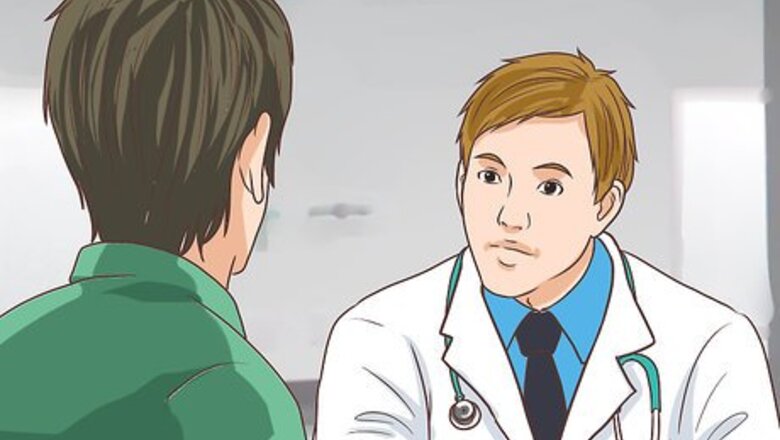
views
Talking to Your Doctor
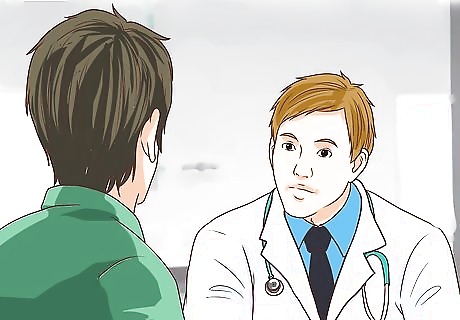
Consult your doctor about stopping clonazepam. Withdrawing from the medication on your own can be very dangerous. Before you stop taking your medication, discuss your desire to stop with your doctor. Your doctor may recommend that you continue taking the medication, or they may suggest another medication to replace the clonazepam. Say, “I’m interested in withdrawing from clonazepam. How would you recommend I get started?” Your doctor may be able to help you manage withdrawal symptoms or may be able to recommend a treatment program. Your doctor may prescribe antidepressants or mood stabilizing drugs to help you wean yourself off the clonazepam.
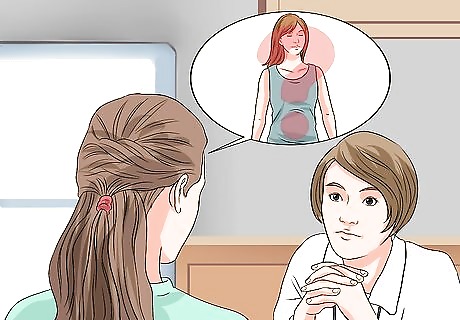
Ask your doctor to help you create a tapering schedule. Withdrawing from clonazepam cold turkey can result in acute withdrawal and in some cases death. To safely withdraw, you will need a tapering schedule. The tapering schedule will provide you with weekly dosage amounts that slowly decrease from your current dosage level down to zero. Your doctor is your best resource for a tapering schedule.
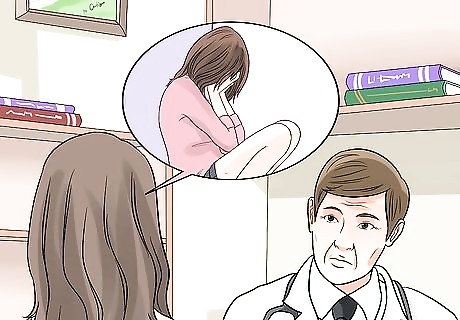
Seek therapy to help you through withdrawal. Psychological support is essential during the withdrawal period, especially if you’ve been taking the medication to deal with anxiety, bipolar disorder, or panic disorders. Getting mental health support can increase the likelihood that you will succeed in withdrawing from the medication. If your prescribing doctor is a mental health professional, ask about setting up counseling sessions when you talk to them about your desire to withdraw. If not, ask for a referral or look for a therapist in your area that can help you manage your underlying disorder and build good coping skills to help you through withdrawal.

Check in with your doctor regularly. As you go through withdrawal, visit your doctor often to make sure that your progress is going along safely. Ask your doctor how often you should come in for check-ups. During withdrawal, it’s normal to see your doctor every one to four weeks. Tell your doctor if you are experiencing any withdrawal symptoms.
Weaning Yourself Off Clonazepam
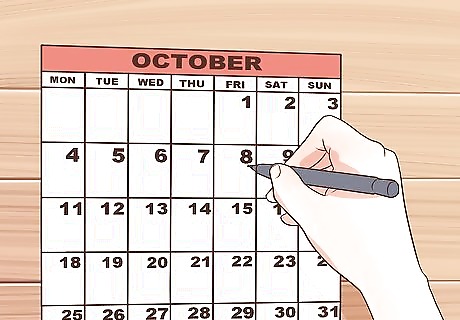
Follow your tapering schedule. Each week you will reduce your dosage until you reach zero. It’s important that you not rush to drop your dosage too quickly because doing so can increase your withdrawal symptoms. Your doctor should provide you with a tapering schedule. Plan to lower your dosage in small quantities each week. It could take you months to fully withdraw from clonazepam, depending on how high your dosage is. Once you reduce your dosage, don’t go back up to a higher dosage unless instructed to by your doctor.
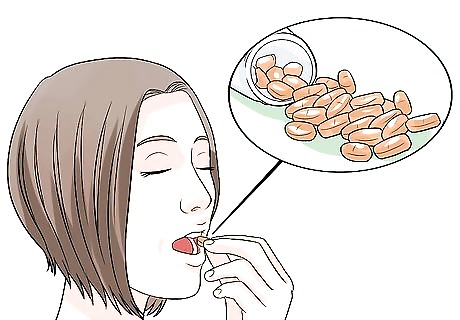
Reduce your dosage by .125 mg per week. Most tapering schedules reduce your dosage by .125 mg per week, which is the average recommended reduction amount. Unless your doctor recommends otherwise, reduce your dosage by this increment. Cut up your tablets if you need to, or ask your pharmacist to help you. For example, a person who is taking 1 mg of clonazepam per day would take 8 weeks to taper off of the medication.
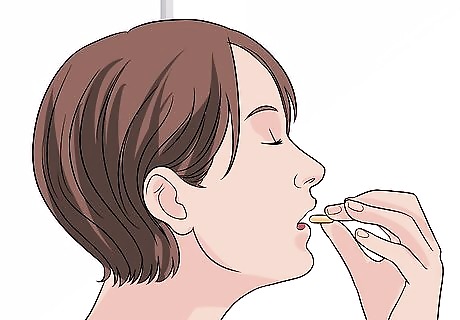
Take your lowered dosage at the best time for you. Depending on the withdrawal symptoms you’re experiencing, take your lowered dosage at a time that helps you best cope with symptoms. This can help you manage withdrawal. For example, take your medication at night if you struggle with insomnia or nightmares.

Consider going through detox. Using a detox treatment program can help you manage your withdrawal symptoms and the underlying conditions for which you were taking the drug. A professional program can help minimize the risks of quitting and increase the likelihood that you will succeed. Ask your doctor to recommend a detox program.
Staying Safe During Withdrawal
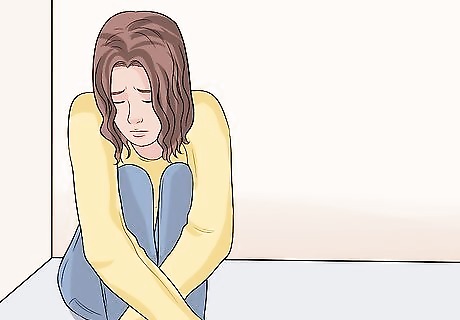
Watch for withdrawal symptoms. Most people start to notice withdrawal symptoms within one to two days of their last dose. Because clonazepam can stay in your system for five to fourteen days, you may not see withdrawal symptoms until a week or two after your last dose. The following withdrawal symptoms can occur: Anxiety Shaking Trembling Tremors Nausea Vomiting Insomnia Nightmares Excessive sweating Tachycardia Headaches Weakness Muscle aches Depression Crying spells Confusion Depersonalization Concentration problems Fatigue Hallucinations Irritability Mood swings Suicidal thoughts
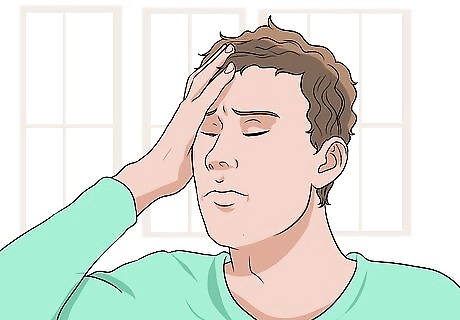
Expect withdrawal symptoms to last for several weeks or months. Even if you follow your tapering schedule, you can experience withdrawal symptoms. Sometimes they only last for a few days or weeks, but more often they last for several weeks or months. Stay strong because it is normal for the symptoms to last for a long time, but they will eventually end. Symptoms will be worse and will last longer if you quit cold turkey rather than slowly tapering off. In rare incidences, symptoms can last for a year or two. This usually occurs when someone quits cold turkey or had been taking a high dosage for a very long time.
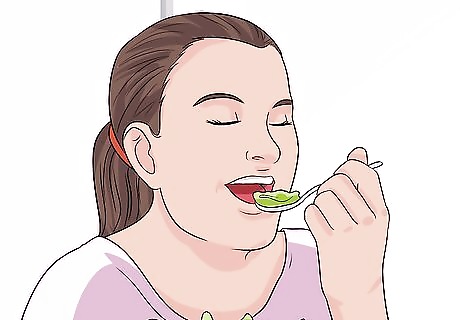
Take care of your health as you detox. Detoxing can take a lot out of you, so make healthy choices. Eat a balanced diet full of vegetables, drink plenty of water, and get light exercise. Choose lean meats, lots of vegetables, and fruit. Drink at least eight glasses of water every day. Do light cardio. Get 7-9 hours of sleep each night. Stay away from toxins and stimulates, such as caffeine, tobacco, alcohol, and drugs.

Build your own support system. Having friends and relatives who support your efforts can help you make it through the withdrawal phase. Surround yourself with people who care about you, and make arrangements so that you can call on them if you need to talk or need help dealing with a withdrawal symptom. Ask your family and friends to be with you. Say, “Stopping my medication is going to be difficult for me because I’ll be going through withdrawal. I’d really appreciate having you by my side. Would it be alright if I call you when I need to talk?” Look for an online support forum where you can reach out and talk to someone at anytime.
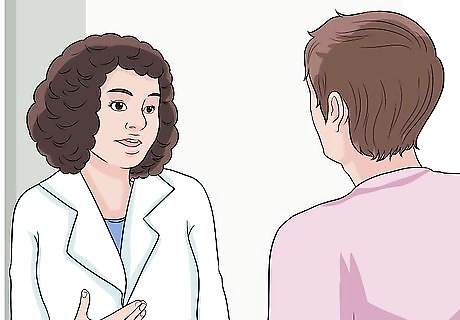
Talk to your doctor before taking any OTC drugs or supplements. You may be tempted to cope with withdrawal symptoms by taking over the counter drugs or supplements, but they may cause additional problems for you. Make sure that you ask your doctor before you take anything, even if it seems harmless.
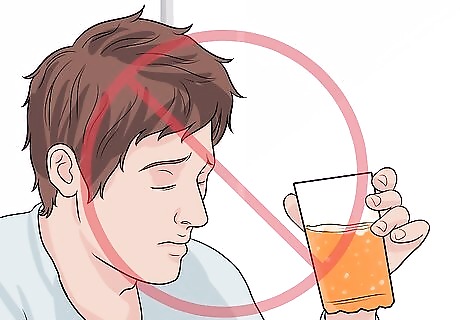
Avoid alcohol and cannabis. Alcohol and cannabis can derail your withdrawal and/or exacerbate your withdrawal symptoms. While you may crave them as you go through your detox period, talk to someone you trust, your mental health care provider, or your doctor instead. Say, “Right now if feels like a drink will help me calm my nerves. I’m not sure what to do.”
Staying on Track
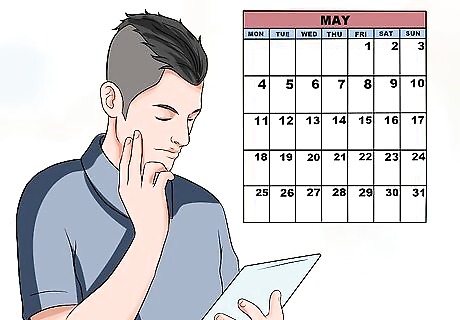
Avoid going backwards in your tapering schedule. Once you decrease your dosage, resist going back to a previous dose, even if you feel like you need it. Withdrawal symptoms are a normal part of getting off of clonazepam, and increasing your dosage will not prevent that. Talk to your doctor if you feel like you can’t cope with the withdrawal symptoms.
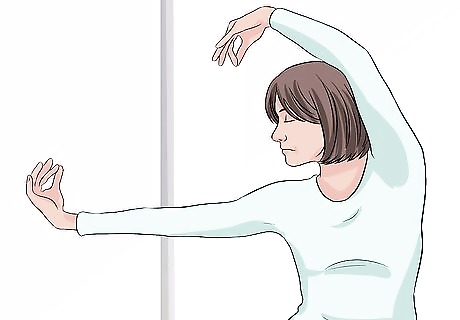
Work on your coping skills. Good coping skills will help you make it through detox, and they’ll also help you cope with your underlying condition. If you have anxiety, depression, bipolar disorder, or a panic disorder, then coping skills can help you manage your symptoms. Work with your mental health professional to learn better ways to cope. Try exercise, meditation, and focusing on the present moment.
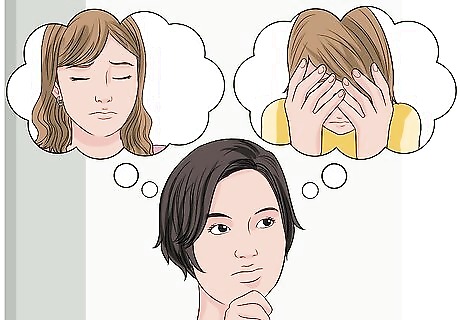
Know your triggers. Keep track of things that tempt you to take more medication, lead to withdrawal symptoms, or increase your stress or anxiety. Try to avoid these triggers, or plan better ways to cope with them. Ask your support system to be there for you when you’re dealing with a trigger. Say, “I get really anxious when I have to drive for long periods of time. Do you think you could take me to my doctor’s appointment?”
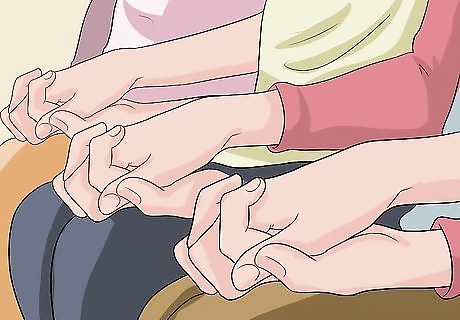
Look for a support group. A support group can help you work through your withdrawal, stay on track, and avoid relapsing. Ask your doctor if they know of any support groups. Check with your local community center or library for groups that meet there. Look for a group hosted by a local mental health facility. Search online for support forums.




















Comments
0 comment